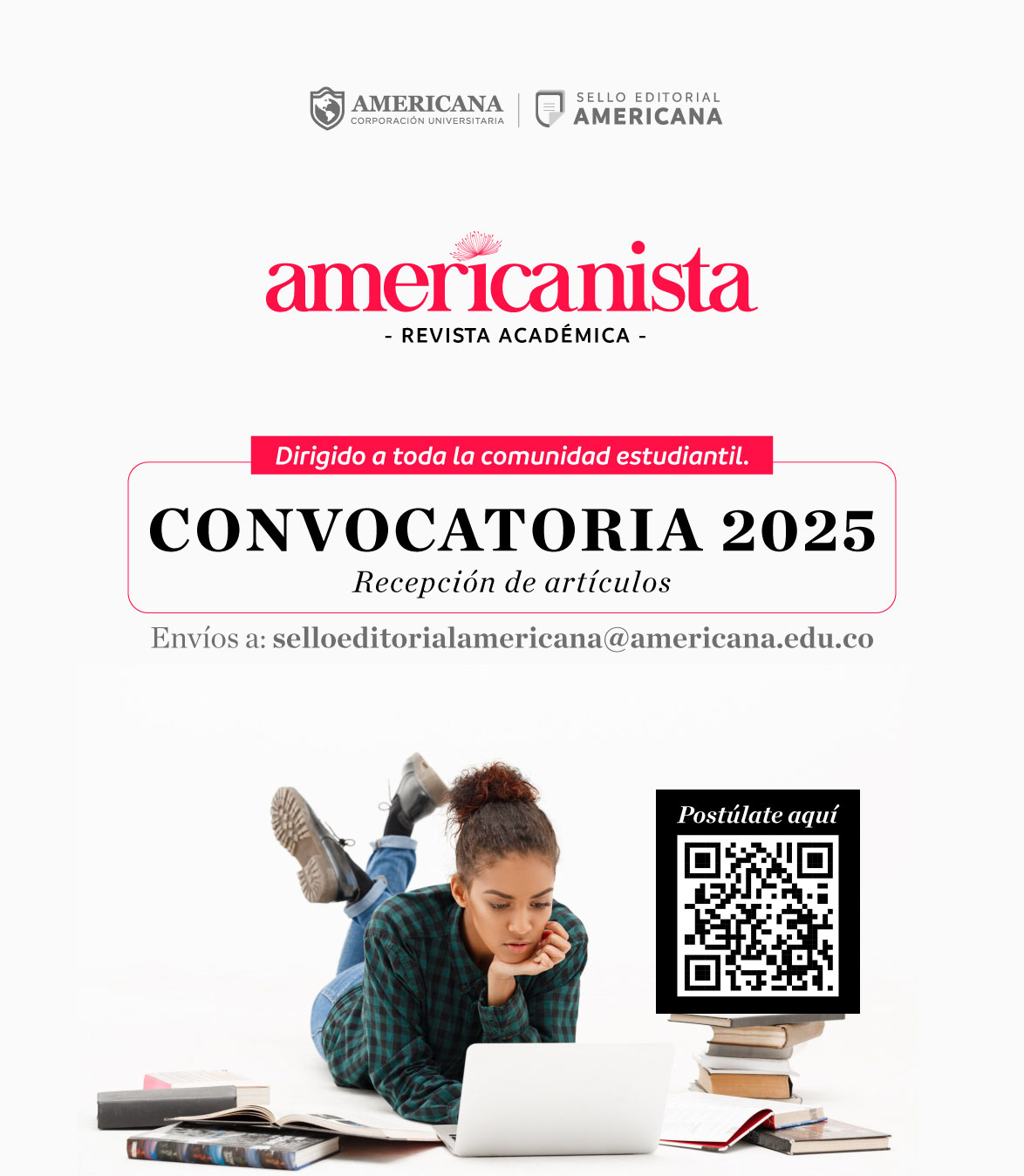Review of the digital competences of teachers and students
Keywords:
Digital divide, Teacher training, Educational innovationAbstract
Educational innovation is key to transforming teaching and responding to the challenges of the
21st century. Its implementation encompasses active methodologies, emerging technologies, and
pedagogical approaches such as constructivism and connectivism, which promote autonomous and
collaborative learning. Technology has played a crucial role, especially with the use of cloud platforms
and hybrid models that emerged after the COVID-19 pandemic. One of the main challenges is teacher
training, as many teachers lack preparation in innovative methodologies. In addition, assessing the
impact of innovation remains a key challenge. Despite these obstacles, current research highlights the potential of educational innovation to improve teaching, strengthen digital skills, and promote dynamic
and personalised learning environments.
References
Adelowotan, M. (2021). Educational innovations for coping up with COVID-19 situation in South African universities. Eurasian Journal of Educational Research, 95, 139-155. https://files.eric.ed.gov/fulltext/EJ1321447.pdf
Borja; M. y González-Cortés; L. (2023). Culture of tax contribution in colombia: a tool against evasion and avoidance. Pensamiento Americano, e#:696. 16(32), 1-17. DOI: https://doi.org/10.21803/penamer.16.32.696.
Caliskan, A., & Zhu, C. (2020). Organizational culture and educational innovations in Turkish higher education: Perceptions and reactions of students. Educational Sciences: Theory and Practice, 20(1), 20-39. https://doi.org/10.12738/jestp.2020.1.003
Castelo-Vinueza, E. M. (2024). La innovación: Retos de la educación superior en formación tecnológica. Código Científico Revista De Investigación, 5(2), 109–127. https://doi.org/10.55813/gaea/ccri/v5/n2/541
Córdova Esparza, D. M., Romero González, J. A., López Martínez, R. E., García Ramírez, M. T., & Sánchez Hernández, D. C. (2024). Desarrollo de competencias digitales docentes mediante entornos virtuales: una revisión sistemática. Apertura (Guadalajara, Jal.), 16(1), 142-161.https://doi.org/10.32870/ap.v16n1.2489
Correa Wachter, J. F. ., Henao Villas, C. F. ., Henao Villa, F. ., & García Arango, D. A. (2021). Análisis del aporte del aprendizaje de máquinas a la seguridad de la información. InGente Americana, 1(1), 9-20. https://doi.org/10.21803/ingecana.1.1.407
Granados Maguiño, M.A., Romero Vela, S.L., Rengifo Lozano, R.A., García Mendocilla, G.F. (2020). Tecnología en el proceso educativo: nuevos escenarios. Revista Venezolana de Gerencia, 25(92), 1809-1823. https://www.redalyc.org/journal/290/29065286032/html/
Guzman, U. C., & Jaillier-Castrillon, E. (2021). Educational innovation as one of the drivers of human evolution. Cypriot Journal of Educational Sciences, 16(5), 2651-2676. https://doi.org/10.18844/cjes.v16i5.6354
Hernández, J. ., & Castillo, A. (2021). La creación de valor: un enfoque actual de la gestión empresarial. Ad-Gnosis, 10(10), 151-168. https://doi.org/10.21803/adgnosis.10.10.476
Bereiter, C., & Scardamalia, M. (2014). Knowledge building and knowledge creation: One concept, two hills to climb. In S. C. Tan, H. J. So, & J. Yeo (Eds.), Knowledge creation in education (pp. 35–52). Springer
Jirasatjanukul, K., Pakprod, N., Dokkulab, P., Changkwanyeun, A., Jantakoon, T., & Laoha, R. (2023). Creation of educational innovations through cloud-based constructivism and connectivism learning for undergraduates. Higher Education Studies, 13(4), 119-127. https://doi.org/10.5539/hes.v13n4p119
Mopara, R., & Sanrattana, W. (2023). Developing teachers to develop students’ 21st century skills. World Journal of Education, 13(3), 94-104. https://doi.org/10.5430/wje.v14n3p31
Morales-Loor, K. P., Romero-Amores, N. V., Bayas-Jaramillo, C. M., & Vasco-Delgado, J. C. (2025). Integration of technology in teacher education: Trends and challenges. Multidisciplinary Latin American Journal (MLAJ), 3(1), 448-467. https://doi.org/10.62131/MLAJ-V3-N1-022
Romo Padilla, G.M., Rubio Caicedo, C.C., Gómez Rodríguez, V.G., Nivel Cornejo, M.A. (2023). Herramientas digitales en el proceso enseñanza-aprendizaje mediante revisión bibliográfica. Polo del Conocimiento, 8(10), 313-344. DOI: 10.23857/pc.v8i10.6127
Seechaliao, T., & Yurayat, P. (2021). Effects of the instructional model based on creative problem-solving principles with social media to promote the creation of educational innovation for pre-service teachers. Higher Education Studies, 11(3), 56-69. https://doi.org/10.5539/hes.v11n3p56
Srikongpan, S., Phrakhrusutheejariyawattana, P., & Suksen, A. (2024). Empowering teachers’ learning to develop students’ design thinking skills. World Journal of Education, 14(2), 151-162.
Suchato, P. N., & Phrakhrusutheejariyawattana. (2024). Development for teachers’ learning to enhance prosocial behavior for students. World Journal of Education, 14(2), 140-150. https://doi.org/10.5430/wje.v14n2p140
Toapanta, N., Ampudia, C., Simbaña, C., y López, L., (2024) Desarrollo de Habilidades del Siglo XXI a Través del Uso de las TIC: Pensamiento Crítico, Creatividad y Resolución de Problemas. Reincisol, 3(6), pp. 4471-4484. https://doi.org/10.59282/reincisol.V3(6)4471-4484
Downloads
Published
Issue
Section
License
Copyright (c) 2025 Carlos Andrés Salazar Figueroa, María Alejandra Giraldo Urrea, Handry Yesid Castellar Torres

This work is licensed under a Creative Commons Attribution-NonCommercial-ShareAlike 4.0 International License.




